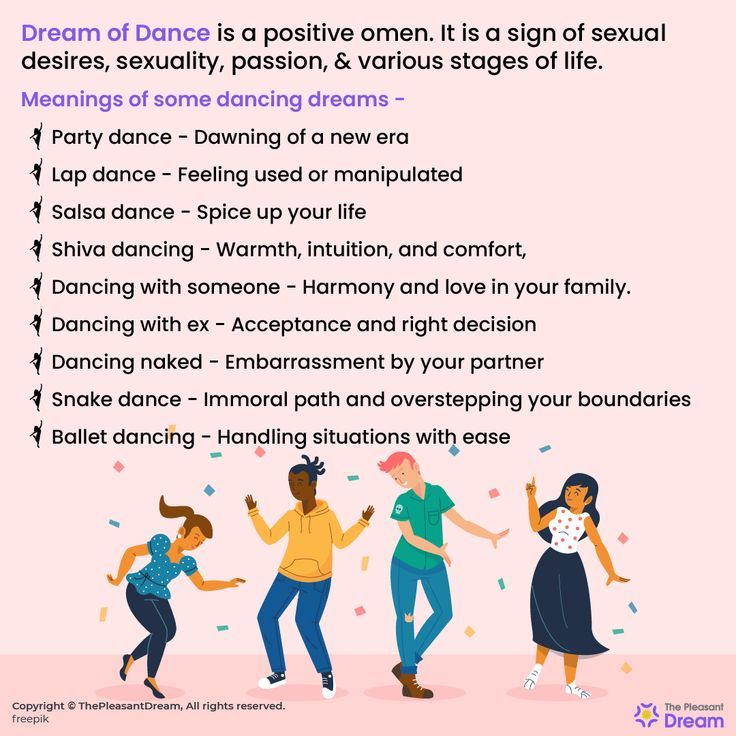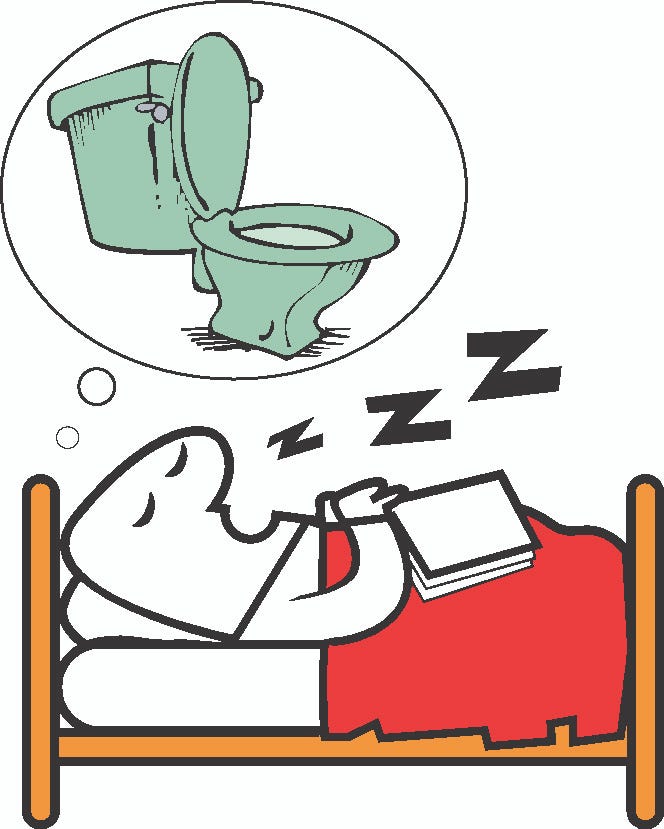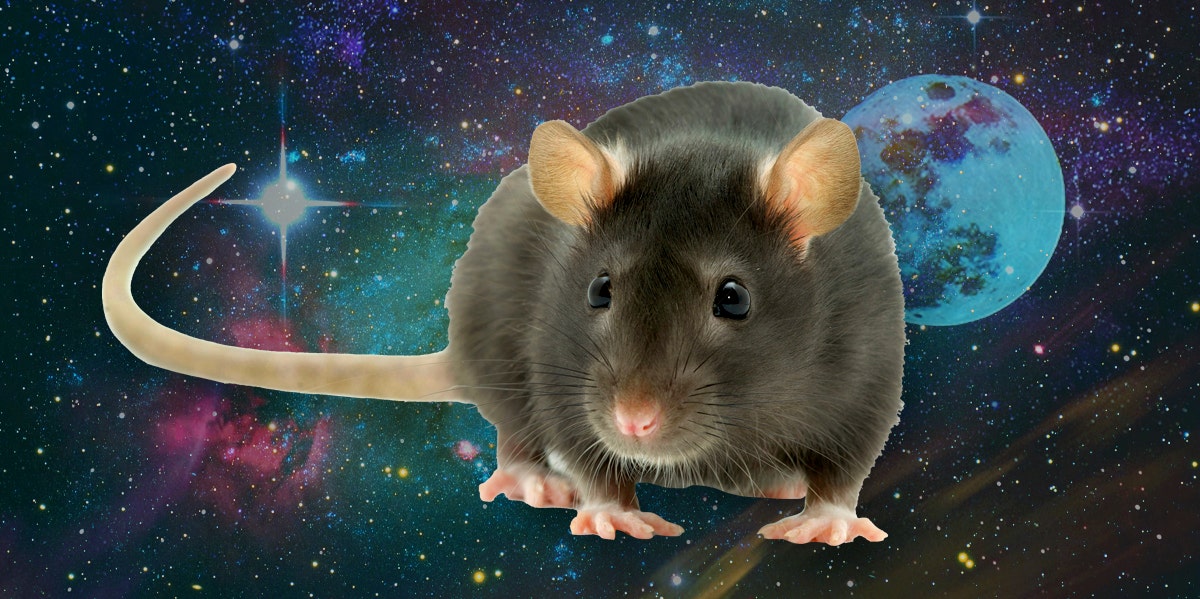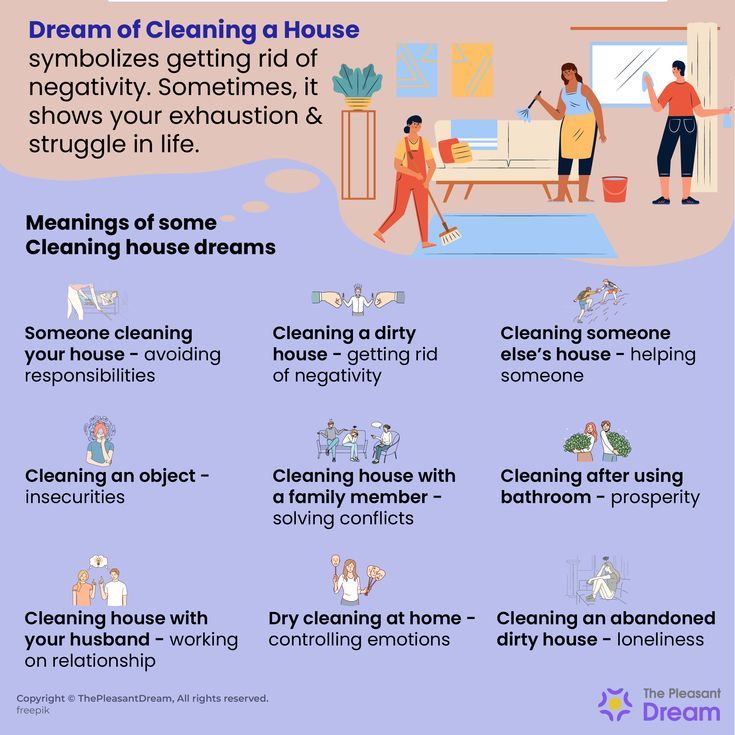Dream Within A Dream: Unraveling the Mystery of Layers
Understanding the Concept of “Dream Within A Dream” Have you ever had a dream that felt real? What if you woke up, only to find out it was still a dream? This idea is called “Dream Within A Dream.” Let’s explore what this means and how it affects us. What is a Dream? A dream is a series of thoughts, images, or emotions. They happen during sleep. Everyone dreams, even if they don’t remember. Dreams can be funny, scary, or confusing. Sometimes, they feel very real. Credit: en.wikipedia.org What is a Dream Within A Dream? A “Dream Within A Dream” is when you think you wake up from a dream. But you are still dreaming. It’s like a story inside a story. This can be very confusing! How Does a Dream Within A Dream Feel? When you experience a dream within a dream, it can feel strange. You may feel like you have control. Or, you might feel lost. Many people wake up and feel unsure. Credit: www.poemhunter.com Why Do We Have Dreams Within Dreams? Dreams are mysterious. Scientists study them to understand their purpose. Here are some reasons why we might experience dreams within dreams: Stress: High levels of stress can cause unusual dreams. Creativity: Creative minds often have complex dreams. Sleep Disorders: Some sleep problems can lead to confusing dreams. Unresolved Feelings: Sometimes, our minds work through feelings in dreams. Famous Examples of Dream Within A Dream Many stories and movies use this concept. Here are some famous examples: Inception: A movie about dreams layered within dreams. The Science of Sleep: A film that explores dreams and reality. Alice in Wonderland: A story filled with dreamlike experiences. What Can We Learn From Dreams Within Dreams? Dreams can teach us about ourselves. Here are some lessons from dreams within dreams: Self-Reflection: They can help us think about our feelings. Imagination: They can spark our creativity. Reality Check: They can remind us to question what is real. How to Remember Your Dreams Many people want to remember their dreams. Here are some tips to help you: Keep a Dream Journal: Write down your dreams when you wake up. Get Enough Sleep: Sleep helps you dream more. Set an Intention: Before sleeping, tell yourself to remember your dreams. Avoid Distractions: Keep your sleeping area quiet and calm. Can Dreams Help Us Solve Problems? Many people believe dreams can help solve problems. Here’s how: Creative Solutions: Dreams can give us new ideas. Insight: They can help us see things differently. Relaxation: Dreams can offer a break from stress. How to Control Your Dreams Some people can control their dreams. This is called lucid dreaming. Here are steps to help you: Reality Checks: Ask yourself if you are dreaming during the day. Keep a Journal: Write about your dreams to become aware. Visualize: Imagine what you want to dream about before sleeping. Practice: The more you try, the better you will get. Are Dreams Important? Yes, dreams are important! They help us: Process Emotions: Dreams can help us deal with feelings. Enhance Learning: They can improve memory and skills. Boost Creativity: Dreams can inspire art and ideas. Frequently Asked Questions What Is A “dream Within A Dream”? A “Dream Within A Dream” refers to experiencing a dream while still dreaming, creating layers of consciousness. How Does This Concept Impact Reality Perception? This concept challenges our understanding of reality, blurring the lines between dreams and waking life. What Are Common Themes In Such Dreams? Common themes include confusion, fear, and surreal experiences that often lead to self-reflection and insight. Can Dreaming Within A Dream Be Controlled? Some individuals report being able to control these dreams, enhancing the experience through techniques like lucid dreaming. What Does Psychology Say About These Dreams? Psychologists view these dreams as reflections of subconscious thoughts, fears, or desires, revealing deeper emotional states. Conclusion Dreams within dreams are fascinating. They show us how mysterious our minds are. Understanding them can help us learn more about ourselves. Next time you dream, pay attention. You might discover something amazing! Further Reading If you want to learn more, check out these resources: Dream Moods – A dream dictionary. Psychology Today – Articles on dreams and psychology. Lucid Dreaming – Tips to control your dreams. Remember, dreams are a window to our minds. Explore them and enjoy your journey through sleep!









